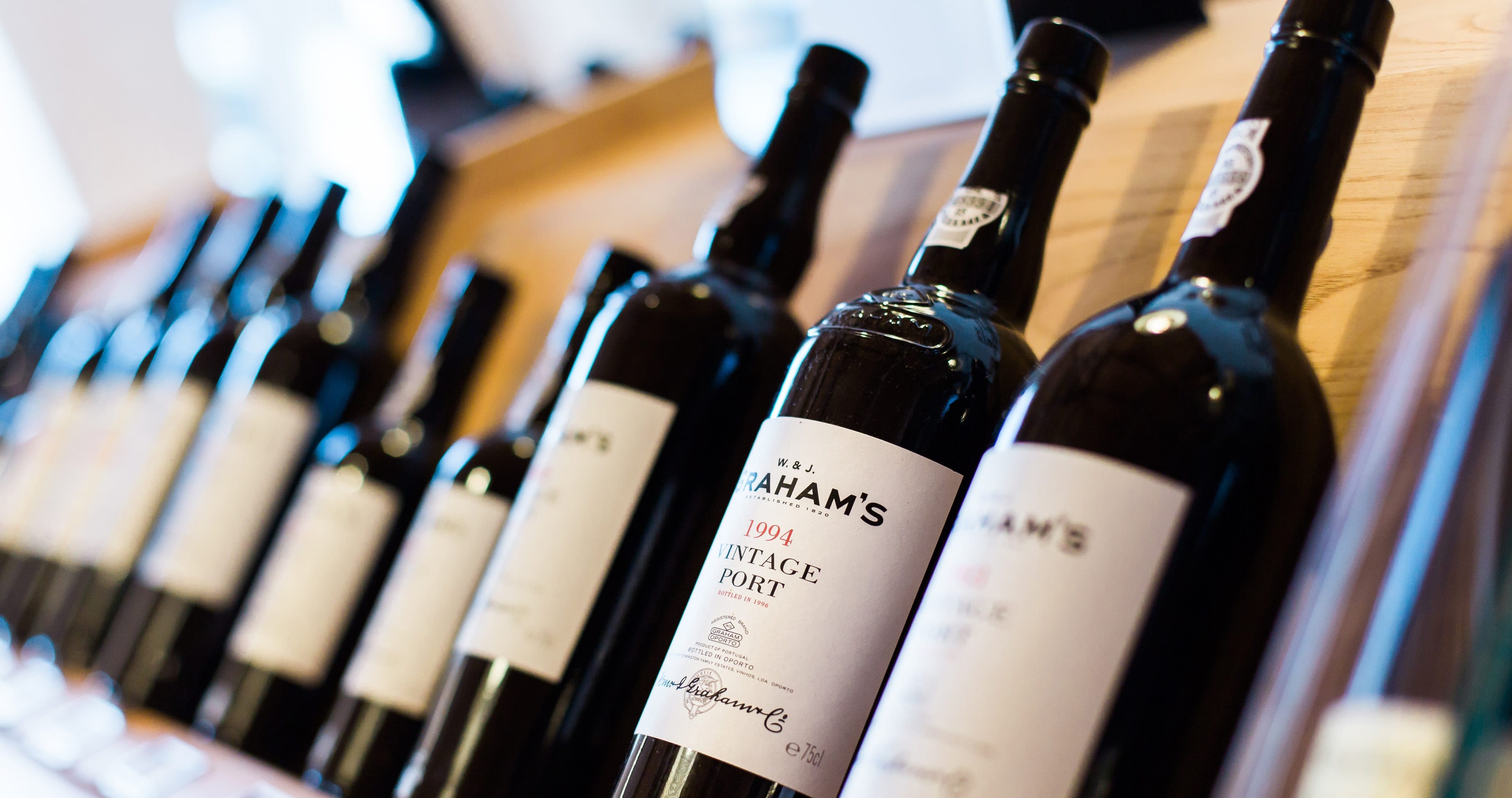Wasting assets and tax – there’s nothing to wine about!

In certain circumstances, wine (along with an assortment of other seemingly disparate items including watches, guns and yachts) can be sold or gifted free from any capital gains tax (‘CGT’) liability. This exemption makes such items particularly desirable for collectors and investors keen to maximise the returns on their investments.
The general rule is that on a sale or gift of tangible assets exceeding £6,000, CGT is chargeable on any gain made from the date of acquisition to the date of disposal. So if one were to buy a valuable painting for say, £25,000, and sell it 5 years later for £45,000, CGT would be chargeable on the gain of £20,000.
‘Wasting assets’ exemption
However, the tax legislation exempts certain types of assets, defined as ‘wasting assets’, from this CGT liability. Wasting assets are broadly those which have a predictable useful life of no more than 50 years. As the definition suggests, a wasting asset is likely to reduce in value over its predictable life such so that, at the end of its life, it will have little, if any, value. ‘Plant’ and ‘machinery’ are specifically regarded by the legislation as having a predictable life of less than 50 years.
It is generally accepted by HMRC that the following items are machinery – antique clocks and watches, guns, motor vehicles, boats, yachts and other vehicles – and therefore fall within the wasting assets exception. There are, of course, exceptions. For example, boats which have been used as a residence will not qualify.
As highlighted above, wine can also qualify as a wasting asset. A bottle of wine would usually have a predictable useful life of less than 50 years even though it may be drinkable some 60 years later! If so, any sale or gift of the wine would not give rise to a potential CGT liability. It is however important to be aware that HMRC will consider the bottle carefully and is likely to take a different view in respect of certain fine wines and fortified wines such as port, madeira and cognac.
The wasting asset exception is a favourable one and, given the market for some of these types of items (the most expensive wrist watch ever sold at auction was a Patek Philippe for $23.98million!), means that investors can stand to make significant returns. Collectors and investors still need to be cautious however. If the sale of these types of assets is deemed to be made as part of a trade or business, the exemption does not apply.